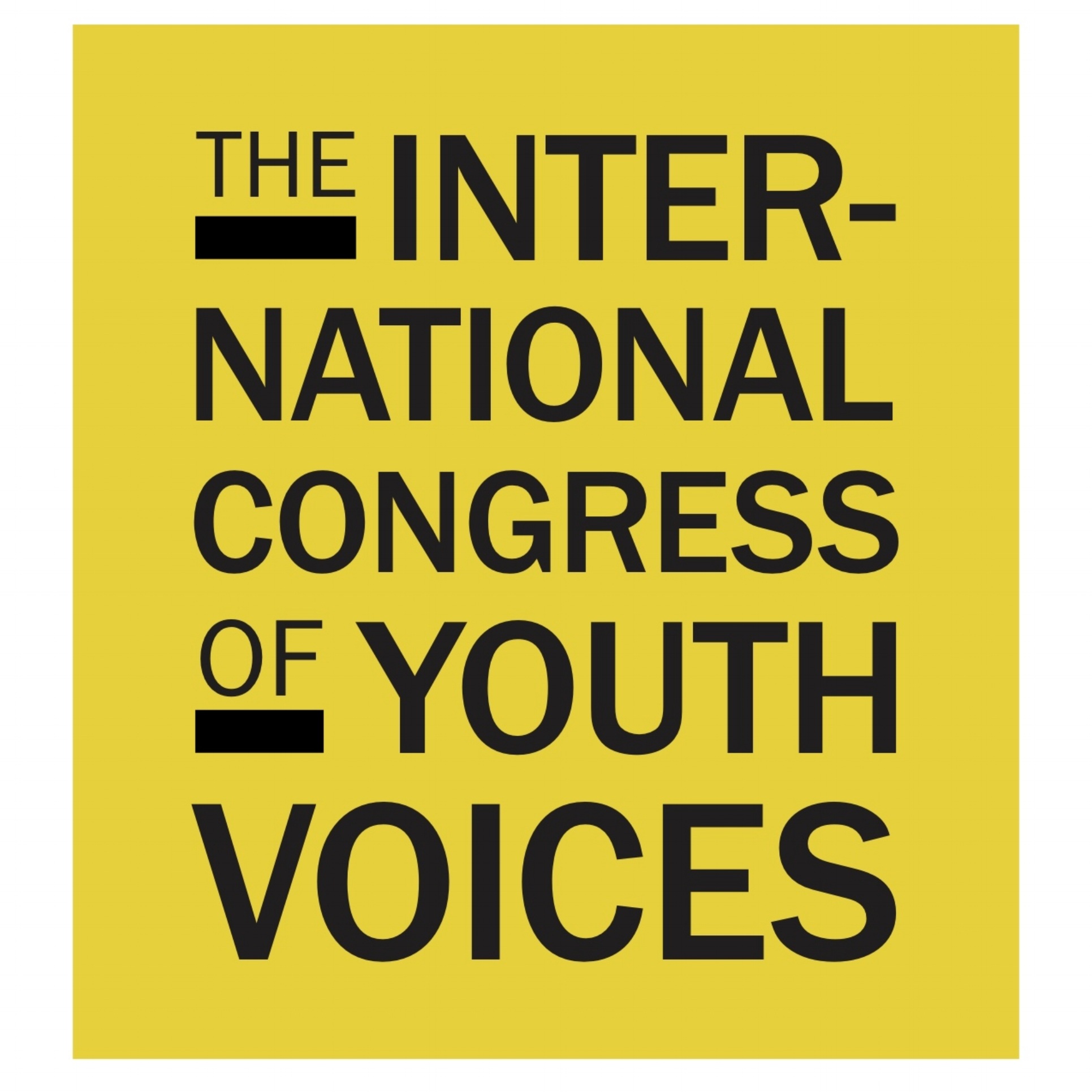SALVADOR GÓMEZ-COLÓN, 16
From San Juan, Puerto Rico, Salvador Gómez-Colón is a firm believer that his young age will not limit the positive impact he can have in the world. Gómez-Colón attributes his devotion and ambition to his mother, Marta, who has always encouraged him to enjoy every moment as a learning experience. To him, writing presents a unique opportunity to transfer one’s emotions into words and engage others to perceive experiences and ideas that are entirely different than their own.
When Hurricane Maria devastated Puerto Rico in 2016, Gómez-Colón saw his community’s lack of access to clean water and electricity, witnessing the resultant public health emergency. He could not remain passive and ignore the daily needs of profoundly affected communities. As a result, he created Light and Hope for Puerto Rico, which aims to distribute solar-powered lamps and hand-powered washing machines to Puerto Rico’s most heavily affected communities. With the original goals of raising $100,000 and positively impacting 1,000 families, he raised over $160,000 and positively impacted over 3,100 underserved families in sixteen municipalities around the island.
A sophomore in high school, Gómez-Colón has been a participant of Model United Nations since seventh grade. He believes that Model UN allows him to do what he’s passionate about: defending rights, finding solutions to global issues, and creating resolutions to provide better opportunities. In 2017, Gómez-Colón was recognized as one of Time magazine’s Most Influential Teens, and in 2018 was designated a delegate to the International Congress of Youth Voices. In September of 2018, he was the keynote speaker for the Solar Power International conference in Anaheim, California, where he addressed the importance of fostering youth resiliency after natural disasters and catastrophes. In 2019 he was a recipient of the President’s Environmental Youth Award and the Diana Award for his social-humanitarian work in Puerto Rico.
After high school, Gómez-Colón plans to combine his passion for diplomacy, medicine, and social-humanitarian work by becoming a doctor and diplomat.
I'm growing up in Hurricane Maria's aftermath.
Here's what the world can learn from youth resilience
by Salvador Gomez Colon
originally written and published for CNN Business Perspectives
Over a year ago now, Hurricane Maria tore through Puerto Rico, ripping away homes and leaving residents with little food, water and power. As youth enduring this disaster, my friends and I were living a new life that no one prepared us for: one of scarcity. No one had trained us to be resilient or have grit. I saw how fear anger, and sadness began to take over our lives.
After the hurricane, Puerto Rico's public schools were closed for three to six months, and some never reopened. When my teachers resumed their modified curriculums a month after the hurricane, we were shaken and distracted, unable to learn. Graduating seniors worried about not being able to submit their college applications on time, while us underclassmen worried about our futures being derailed. All clubs and sports were canceled for weeks, taking away the things that provided us with joy and inspiration. School became hard, but it was hard for all the wrong reasons.
Perhaps the worst of it all was that the entire Island was completely destroyed, and yet, those with power spent their time criticizing each other's efforts instead of actively finding ways to improve their own to help the millions of suffering people. But I had hope then — and still do today — that we have the ability to create change. With small actions, we can inspire and help others begin the healing process.
With this mindset, I took matters into my own hands, creating Light and Hope for Puerto Rico, an initiative to purchase and distribute solar lamps and hand-powered washing machines to Puerto Rico's most heavily affected communities. Light and Hope raised over $150,000 and distributed over 5,500 lamps and 1,500 washing machines across 17 of the hardest-hit municipalities across the island.
As I visited different towns in my quest to help others, I witnessed the youth population just trying to make it. In Loiza, a town on the northeastern coast, I encountered a young high school student standing on her lime-green and sky-blue painted porch. As I looked more closely, I was immediately drawn to what she was holding in her hand: a book — Homer's Iliad. She told me that she loved reading, so she decided to take advantage of the sunlight. When I offered her a solar-powered lamp, she was jubilant, knowing that she would finally be able to read at night.
But others were losing their way. Some young people were no longer motivated to pursue higher education or even go back to school. Some wet their pants every time they heard rain or wind, re-living those frightening moments of September 20, 2017. I believe many of us were traumatized.
It continues to shock me that global disaster response and relief efforts often lack a response to youth-related issues, particularly related to education and trauma. It seems like people were focused on the lack of electric power, but many forgot the power of emotional health. The world is in desperate need of programs that teach natural disaster preparation and resiliency. I want my peers to realize that even though we can't control natural disasters, we can definitely control our response. We must adapt to the fact that natural disasters are not the end of life, especially on a planet where they are increasingly more common.
If there's anything that my post-Maria life has taught me, it's that young people can do anything. Maria has shown me that resilience is the antidote to hopelessness, despair and pessimism. Even in the face of total devastation, I've seen many youth find immense courage from the deepest parts of their hearts and minds. Age doesn't define our maturity, and it should not define our responsibility, our character or our potential to positively impact our communities.

